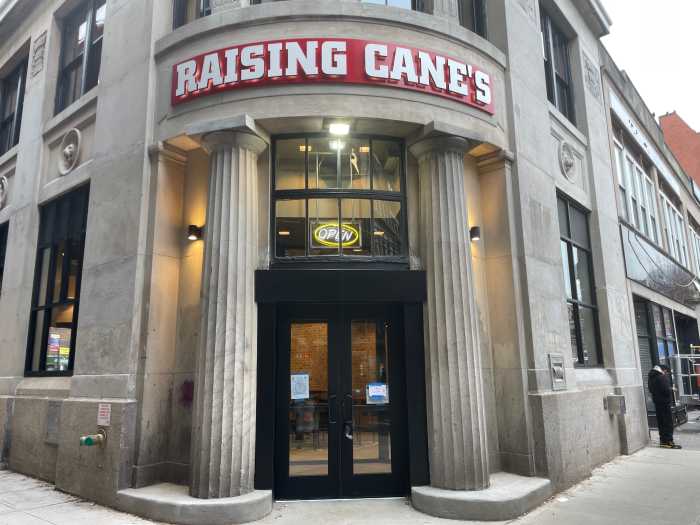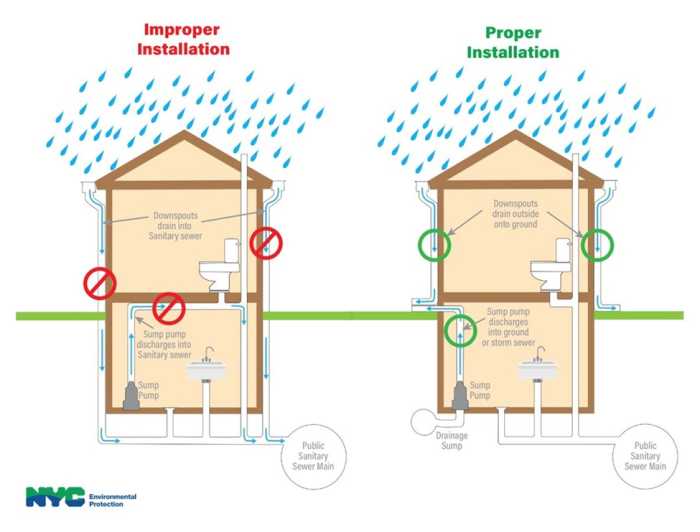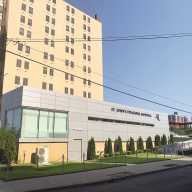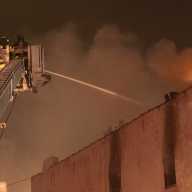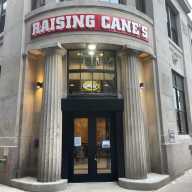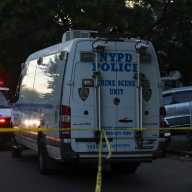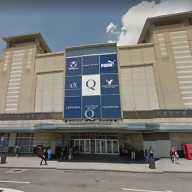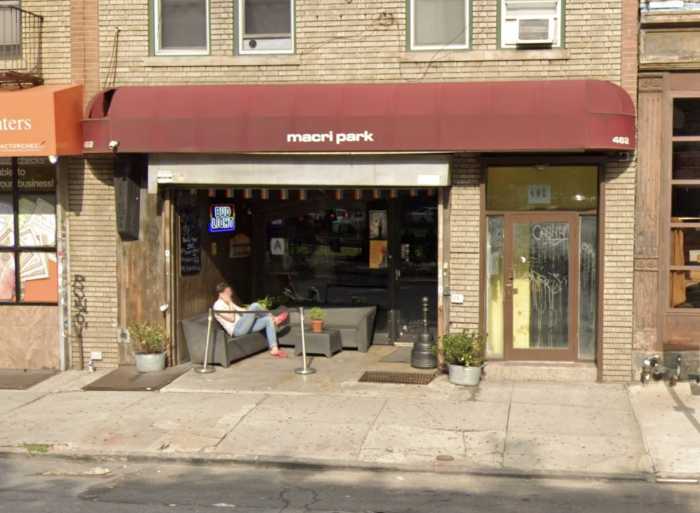By Mark Hallum
With idle constructions sites taking over residential neighborhoods across Queens, Councilman Barry Grodenchik (D-Oakland Gardens) introduced legislation which would create a public registry of abandoned building projects and use the fines collected from owners to finance the registry. Inactive construction sites are described in the bill as a location where permits are expired with no work taking place during two Dept. of Buildings inspections within 30 days of one another.
“Idle sites create a quality-of-life issue. Some sites remain in construction for a decade or longer, creating an eyesore and a nuisance for neighboring owners,” Grodenchik said. “This bill would require the Department of Building to create a public registry of inactive sites, and the registry would be financed by the owners of the sites. The purpose is to encourage inactive site owners to complete their projects in a timely fashion.”
A home at 75-50 193rd St. is just one location where construction at the site has sat idle for 14 years, according to Steve Behar, legislative council to Grodenchik. The neighborhood sits close to the edge of Cunningham Park, where homes are well-manicured. The building is mostly wood frame and particle board.
The address has an extensive list of violations on the Buildings website involving safety, debris, work taking place without a supervisor, demolishing beyond the scope of approved plans and permits on two occasions as well as illegal electrical work taking place without a permit.
Idle sites are defined by the bill as a “site for which a permit has expired or a construction site for which there is an unexpired permit but no construction activity is visible on the site on two consecutive inspections by the department within a 30 day period.”
Idle sites are a common complaint from civic associations, according to Behar.
Stalled sites are often the result of owners who choose to do the work themselves, run out of money or have family issues, he said.
These sites pose a similar risk as zombie homes to neighboring residents. Rodents such as raccoons are a common concern for residents who live near neglected properties, and worries over fires and children wandering into dangerous settings are often expressed.
The bill is currently waiting to be approved by the Council’s Committee of Housing and Buildings
Reach reporter Mark Hallum by e-mail at mhall


